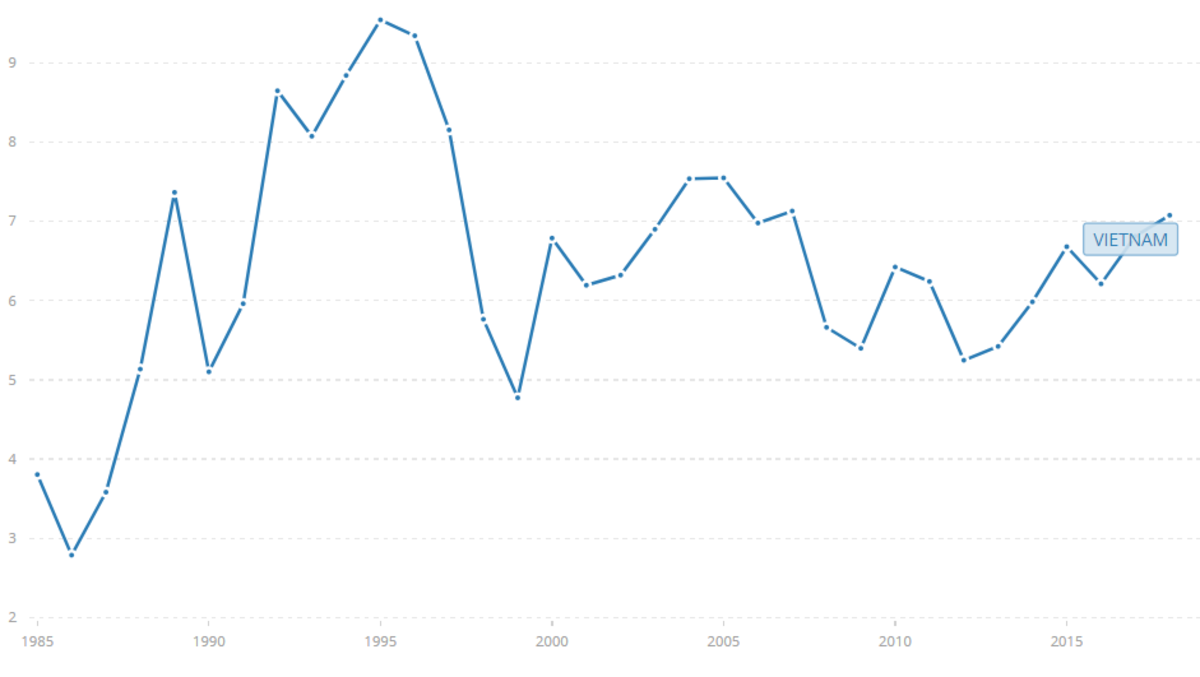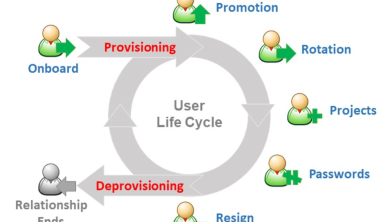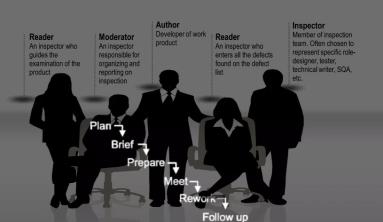The writer has a Master's Degree in Economics. She enjoys researching and writing about economic and business issues.
Is Vietnam a destination for offshore IT outsourcing?
Pixabay
In recent years, Vietnam has been one of the most promising emerging outsourcing destinations, with the potential to compete with traditional destinations including India, China, and the Philippines. Many giant tech companies such as Samsung, Intel, Microsoft, IBM, and Bosch have flocked to Vietnam to establish their presence and continue to expand their operation in the country. According to Vietnam’s Foreign Investment Agency, in 2018 the country attracted more than 3,000 FDI projects with committed capital of more than USD 35 billion. Additionally, U.S. News and World Report ranked Vietnam 39th out of 80 economies in the world in terms of growth rate and business friendliness, up 5 places compared to that in 2017. Regarding Vietnam’s ICT potential, the World Economic Forum ranked Vietnam 79 among 139 countries in the Networked Readiness Index 2016, scoring Vietnam highly on affordability and skills.
However, outsourcing in Vietnam is not a piece of cake, and many foreign companies found various issues throughout their business venture in the country. This article lists some advantages and disadvantages of IT outsourcing in Vietnam.
Vietnam GDP growth rate
World Bank
Stable Economic Growth
Despite the recent tension in the global economic landscape, Vietnam remains one of the brightest economic spots, featuring robust growth rates. The country’s growth rate in 2018 was 7.1%, the highest rate in 10 years, and higher than those of China, India, and most of the other ASEAN nations. According to the State Bank of Vietnam, the country’s public debt to GDP ratio has shown signs of decrease since its peak of 59.7% in 2016. Moreover, GDP per capita indicates an increasing trend, doubling from USD 1,317 in 2010 to more than USD 2,563 in 2018, making Vietnam a low-middle income country.
Furthermore, over the past few years, the Vietnamese government has stressed that the private sector will be the driving force of Vietnam’s economic growth in the future. Within the context of Industry 4.0, the digitization of the economy is also an urgent issue, and the government has shown a strong commitment to promoting and supporting private companies in the process by streamlining administrative procedures and giving various tax incentives and supporting programs.
Developed Infrastructure
Vietnam offers relatively developed and comprehensive technical infrastructure for IT businesses, catering for both small and medium enterprises, and big corporations. It has a direct connection to at least 3 major cable networks including the Asia America Gateway (AAG), Intra Asia (IA), and Southeast Asia–Middle East–Western Europe 3 (SMW3). The country has more than 68 million Internet users as of December 2018 or a penetration rate of more than 70.3%. There are many coffee shops in most big cities providing high-speed wi-fi for guests, and it is very common to find people working remotely at those places.
If you start with a small outsourcing team, cities such as Hanoi, Ho Chi Minh, and Danang have many co-working spaces where you can rent an office at an affordable rate and be surrounded by other young, passionate and talented start-up teams. Those places usually have conference rooms, entertainment, and other office facilities available. Once your team grows and you need more space, there are many offices for rent in various buildings, being able to accommodate from a few dozens or a few hundred employees. Additionally, many city governments and private companies have invested in developing and constructing several IT Parks across the countries, serving the growing needs of specialized office buildings for IT companies. In addition to having access to high-quality infrastructure, in some cities, companies qualified for locating in IT Park can also enjoy favorable conditions such as low rental prices, utilities, taxes and so on.
Danang IT Park
Regarding utility, in most cities in Vietnam, utility supply including electricity and water is quite stable. However, during peak time, there might be occasional shortage leading to temporary cuts. However, most modern buildings have generators and preserves to cover those periods. Moreover, it is easy to obtain supply and equipment such as software and hardware in large quantities in Vietnam.
Reformed Administrative Procedures
In terms of legal framework for foreign companies, Vietnam has promulgated the Law on Foreign Investment since 1987. The Law on Investment and Law on Enterprise 2014 also outlined conditions and frameworks for setting up foreign-invested companies in Vietnam and other forms of cooperation. According to the World Bank, Vietnam ranked 69th out of 190 countries and territories in 2019 regarding the ease of doing business with significant improvement in such areas as getting electricity, starting a business, enforcing contracts, or paying taxes. In practice, for small and medium IT enterprises, registering for an investment certificate and enterprise certificate should not be a big challenge. Most of the time, the investors only need to secure a project location (office lease contract) and submit an investment proposal to the relevant authority. Although the paperwork is sometimes lengthy and ambiguous, there are consultancy companies and individuals that investors can hire for support.
However, while Vietnam has already participated in different international treaties and trade agreements, legal protection towards intellectual property in the country is still quite weak, which is a concern for IT companies. Hence, confidentiality remains an issue as employees, especially key personnel, switch jobs.
IT Human Resources
Human resource is the deciding factor for success of an IT business. Vietnam has a population of more than 95 million people, and nearly 70% of them are of working ages. The country has a literacy rate of 94.5%, one of the highest rates in the world. As indicated by the Vietnam IT White Book, in 2017, Vietnam had more than 533,000 people working in electronics and hardware sectors, and 81,000 in IT. A big number of universities and colleges in Vietnam offer IT major and related courses, hence the IT labor supply is expected to increase annually. Vietnamese IT workforce has several strengths. First, compared to other developed countries, for similar technical skill levels, the wage rates for Vietnamese IT engineers are much lower, on average, ranging from USD 5 per hour for entry-level to USD 30–40 for senior levels.
Salary for senior software engineer in Vietnam
Second, in terms of loyalty, retention rate of IT companies in Vietnam is higher than those in other countries such as India. This is due to the Vietnamese culture which emphasizes Confucianism, a system of thoughts and beliefs that highly value family and social harmony. Besides, Vietnamese engineers are generally friendly, enthusiastic about learning and able to learn new technologies and ways of working quickly.
However, there are some issues with Vietnamese workforce. First, many outsourcing companies find it difficult to upscale their operation in Vietnam due to a shortage of qualified IT engineers. Specifically, expanding team size from several hundreds of employees to several thousands is challenging. In addition, the IT labor market is highly competitive with companies actively hunting and even recruiting from their competitors. Second, the Vietnamese IT workforce lacks certain soft skills such as foreign language, critical thinking, teamwork, communication and presentation. Moreover, there is also a lack of deep and advanced technical knowledge and know-how in such fields as AI, machine learning, and so on. Since the root cause of the problem lies in Vietnam’s outdated educational system, there is no easy solution in the short term. Third, many employers express concern about Vietnam’s work culture and the engineers’ attitude. The problems may arise from differences between Vietnamese culture and foreign cultures, especially Western culture in terms of expectation, behaviors and attitude. For example, Western culture emphasizes individualism and privacy while Vietnamese culture prefers collectivism and sharing. Other than that, as a developing country, the workforce in Vietnam still lacks professionalism and international experience.
Stunning Vietnam
Safety
Although considered a third world country, Vietnam is a safe place. The country’s spectacular landscape, long coastal line with stunning beaches and rich heritage also allure ex-pats and foreigners to work and stay. Furthermore, there is no major internal conflict in Vietnam, and the one-party country tries hard to keep society in order. Nonetheless, there are incidents such as thefts, robberies and traffic accidents that need to be taken into consideration. In fact, traffic accidents are among the top 10 main causes of death in the country with 3,759 people passing away from road accidents in the first 6 months of the year.
Conclusion
In short, Vietnam is brimming with potentials and opportunities for IT outsourcing, positioning as a low-cost, high-quality destination. More importantly, with the ongoing trade war between China and the United States and rising terrorism in the Middle East and other places, Vietnam’s stability and openness become more attractive than ever. However, the country faces challenges to move up the IT industry’s value chain, and most IT activities in Vietnam still focus on outsourcing and business process outsourcing. However, Vietnam is a worthy of an investment if your company aims for long-term and is willing to invest to recruit and train the human resources and build up management know-how.
Source: https://toughnickel.com/industries/Should-you-start-an-IT-outsourcing-business-in-Vietnam












Comments
It's better off evaluating Vietnam bussines environme in 2 sides
This is really a great story about Vietnam. Thank the author for sharing the very true opinions. I'm the founder and CTO of a young outsourcing company in Vietnam and I had 20 years of working in the international companies (US, Japan, Denmark) so I want to contribute my insights into this story.
THE FACT IS: The success of a Vietnamese company depends largely on the boss or CTO, CEO... Except the state-owned companies, the private sector is aware of the importance of the leadership and training so there is ever-increasing number of courses to assist SMEs and train the specialists for working in the international firms.
Vietnamese has a very good Math background like China and India. You can find the facts through annual international mathematical olympiads. As 20 years as recently, Vietnamese continues to reap more success in Informatics and Robotics. I don't think other ASEAN countries can surpass Vietnam in the basic sciences.
Below are the extended list of pros and cons when considering Vietnam as new destination for outsourcing.
PROS:
- Dynamic, fast and agile.
- No nationalism like China, India
- Most Vietnamese people are atheist.
- No political conflict (like extrajudicial killings in the Philippines), almost no significant natural disasters
- Pretty pleasant weather with 4 seasons in the North, but hot all year with rainy and dry seasons in the South.
- Vietnamese is quite proactive and eager to be self-reliant b/c most of them raised in the poor families during 1980s period.
- Vietnamese has very quick capability of adopting cutting-edge technologies.This is really a plus when working with them. Many Vietnamese developers have contributed remarkably to technical publications like codeproject.com. More and more people are aware of on-the-job trainings so apart from working, they apply for crash courses, blended learning and invest money earned into international certifications (PMP, PMP-ACP, Google certifications, Microsoft .NET MCSD...)
CONS:
- The innovation! This cons is originally caused by the problems of society during the 1980s decade in which most people born before 1980 had to struggle with making ends meet than improving their career development. Fortunately, this has been improved remarkably recently.
- The average expertise of entire group is lower than neighboring countries, but the average expertise of top-north individuals is better than most Asian countries, except Singapore.
- Vietnamese is aggressive than ASEAN countries but more quite and gentle than Chinese.
- Although their English speaking skill isn't the pros, but the reading and writing skills is super good. Their English wring style is simple and understandable. Like Chinese and Philippines, Vietnamese speaks English with less impact by regional accents.
Just my 2 cents!